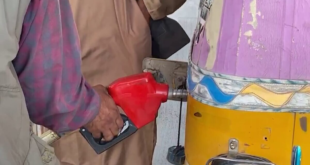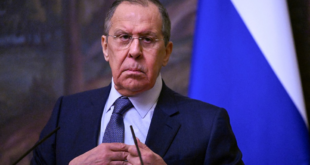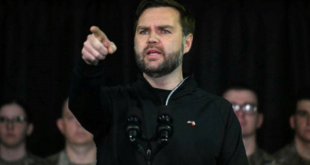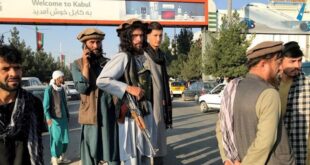OTTAWA – Canada’s Foreign Affairs Department offered a muted response Tuesday to the execution of 15 prisoners in Afghanistan.
It refused to criticize the government of President Hamid Karzai, but noted that NATO-captured prisoners must be spared the death penalty and that human rights in general must be respected.
A Foreign Affairs spokesman read a prepared two-line statement after human rights groups criticized the silence coming out of Ottawa.
“Canada expects the government of Afghanistan to live up to its international human rights obligations,” said Jamie Christoff.
“The arrangements the government of Canada has signed with the government of Afghanistan, concerning the treatment of detainees, stipulates that no Canadian transferred detainees may receive the death penalty.”
The bland statement stands in contrast to the Dutch foreign ministry, which called the executions “extremely unwelcome.”
Both Canada and the Netherlands oppose the death penalty.
A senior Conservative, who spoke off the record, suggested that the Harper government is reluctant to “interfere” in what is an internal matter for the Afghans. Canadian military officials in Kandahar said the same thing.
The prisoners were tried under Afghan law, government officials said. But several organizations, including the United Nations, have expressed concern about the state of the war-torn country’s justice system, which has been described as “a work in progress.”
The lawyer for two human rights groups said the Conservative government’s initial silence and then half-hearted response raises serious questions about its commitment to upholding Canada’s opposition to the death penalty.
“This calls into question our involvement with the Afghan government generally,” said Paul Champ, a lawyer for Amnesty International and the B.C. Civil Liberties Association.
“When it comes to the detainees Canada and other NATO countries are handing over, we have to be seriously concerned about whether the death penalty is going to be applied to those individuals.”
On Sunday, Afghanistan’s chief of prisons announced that 15 prisoners had been executed, including the man responsible for the murders of three Western journalists and a local photographer in 2001.
It’s the first time in three years that the death penalty has been imposed in Afghanistan and likely won’t be the last. Karzai’s government says it will continue to execute prisoners, but not those captured by NATO forces – a guarantee Champ says no one can rely on because detainees in Afghan jails routinely go missing.
“They can’t rely on any of the assurances that the Afghan government provides,” he said.
“It’s not because the Afghan government is deceptive or dishonest. The simple fact of the matter is they do not have the capacity to ensure they are going to observe those promises.”
The sentences were carried out as Canada’s foreign affairs minister, Maxime Bernier, wrapped up a visit to Kandahar over the weekend.
In Kandahar, Liberal defence critic Denis Coderre said he’s worried about the executions and wonders whether the Afghan justice system is fair and independent enough to allow such drastic punishment. He said it harks back to the days when the Taliban held public executions in soccer stadiums.
“I’m against capital punishment so I’m very, very concerned,” he said. “The Taliban were doing that. It’s the same thing.”
Both Amnesty and the civil liberties association have been fighting to halt the transfer to Afghan authorities of insurgents captured by Canadian troops. Both groups have warned that Afghanistan’s spotty human rights record means that there is a likelihood that the prisoners could be abused or even killed.
Last spring, published reports said as many as three dozen Taliban fighters handed over to the Afghan prison system by Canadians had been abused. The revelation led Canada to sign a revised, tougher transfer agreement with the Karzai government.
 Eurasia Press & News
Eurasia Press & News



